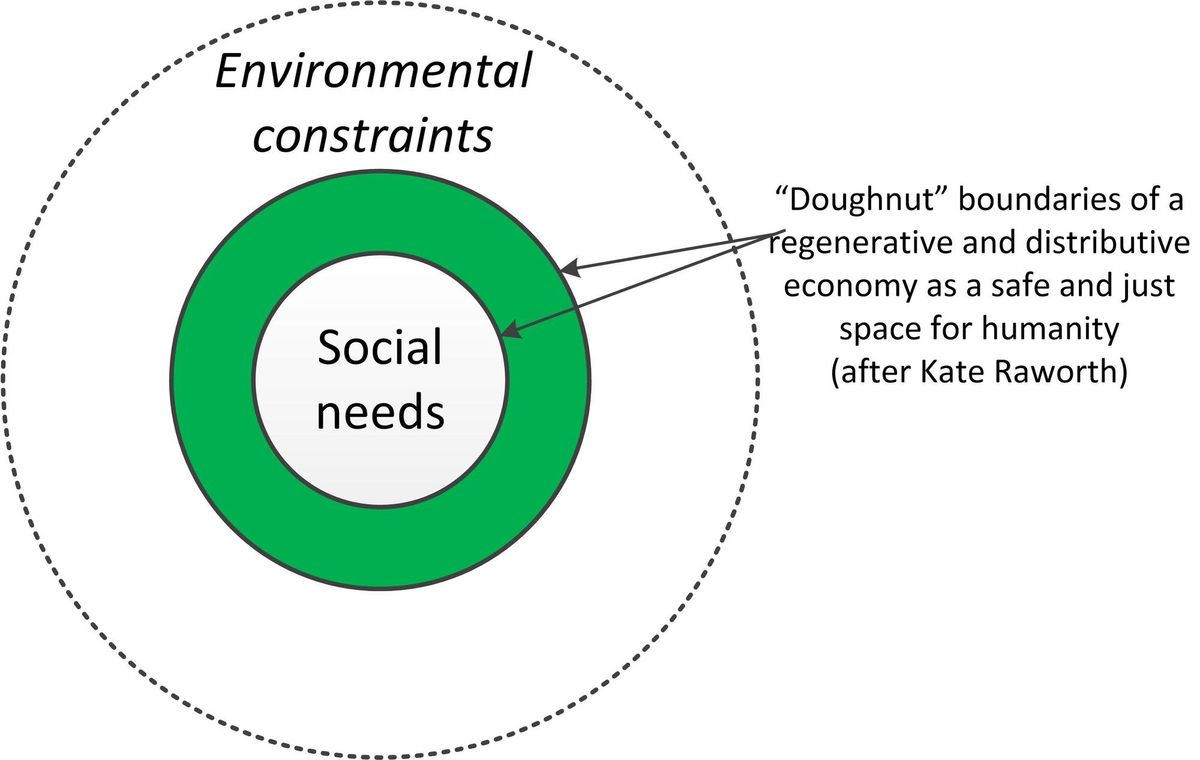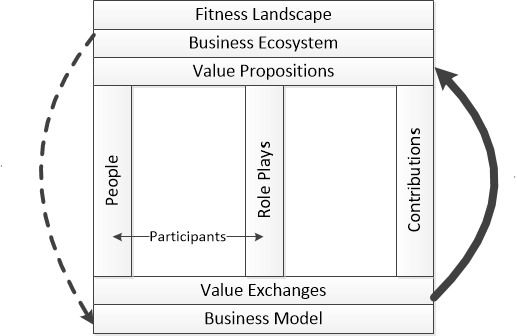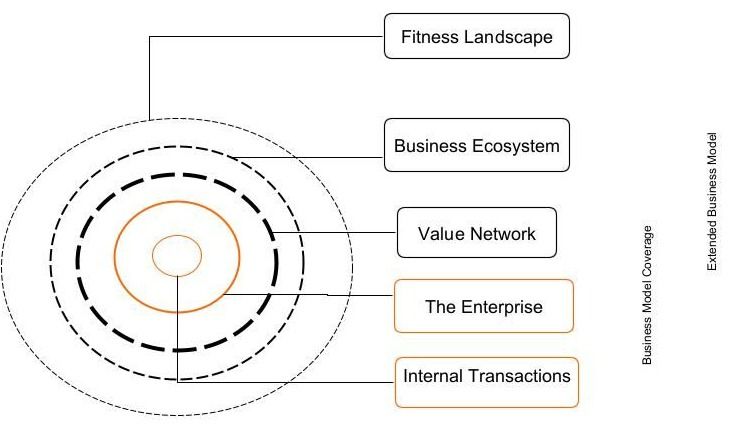Macro background (W1)

This is rather long, but please read to the end.
We have two problems. The first is that leading management thinkers have been urging us to move from Management 1.0 to Management 2.0 with a race now on to define the requirements for Management 4.0. Further, a leading guru stated in 2007 "Your company has 21st-century, Internet-enabled business processes, mid-20th-century management processes, all built atop 19th-century management principles." [1] Clearly, things have moved on a bit since then (see W4 to come), but are organizations now adequately configured to be agile enough, and enjoyable places in which to work?
The second is that an obsession with the primary pursuit of GDP growth, an objective for most mainstream economists, is leading us into a bleak future - a belief held by many thinkers who are appraising the nature of prosperity afresh, the environmental state of our planet and the social plight of its human inhabitants. There is a clamour for change at every level in policies and practices.
Having implied that economists could be misleading us, they are nevertheless extremely important as policymakers tend to listen to them. This leads to the conclusion that the study of economics requires attention, as Steve Denning reminds us. He identifies three economies operating concurrently at different speeds:-
The Traditional Economy is the largest but in steep and fundamental decline, requiring more honesty, vision and courage from its leaders.
Financial Capitalism continues to run on bubbles and needs to reconnect with the real economy.
The Creative Economy is the economy that is flourishing with its leadership having the task of institutionalizing progress. It strives on the ethos of imagination, experiment, discovery and collaboration to achieve the gains it has made.
An imaginative way of providing purpose and direction for achieving goals in the creative economy is the ongoing and pervasive movement behind the concept of the Doughnut Economy. Kate Raworth, its originator, writes “Humanity’s 21st century challenge is to meet the needs of all within the means of the planet. In other words, to ensure that no one falls short on life’s essentials (from food and housing to healthcare and political voice), while ensuring that collectively we do not overshoot our pressure on Earth’s life-supporting systems, on which we fundamentally depend – such as a stable climate, fertile soils, and a protective ozone layer. The Doughnut of social and planetary boundaries is a playfully serious approach to framing that challenge, and it acts as a compass for human progress this century." [2]
An ongoing challenge is whether real-world actors, especially politicians, have sufficient information and the proper incentives to behave the way her theory says they should. There is yet no obvious room for asking how and why real flesh-and-blood people act, make choices, and then act collectively. Usefully, VES does provide a means to allow you to engage with environmental, social, and many other challenges, to be energized, and to collaborate in meeting them. It gives you the agency you desire at any level in an organization to get things done.
Time to "mobilize your mates!" or "Turbocharge your Team."
[1] Hamel, G., 2007. The future of management. Boston, USA: Harvard Business School Press.
[2] Raworth, K., 2017. Doughnut economics - seven ways to think about a 21st century economist. London, UK: Random House Business Books.



